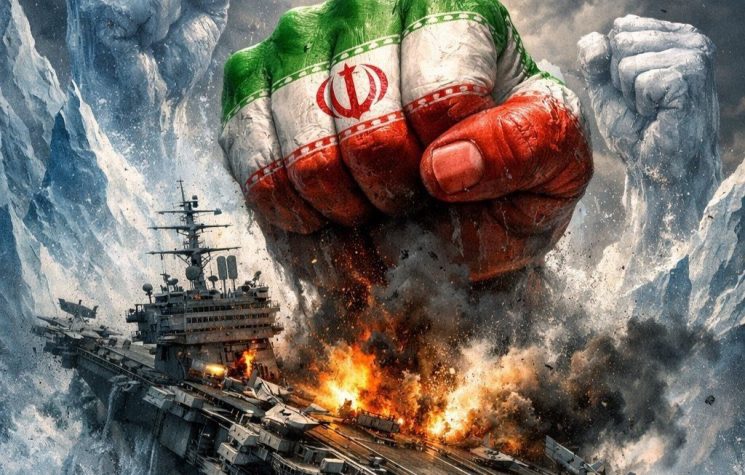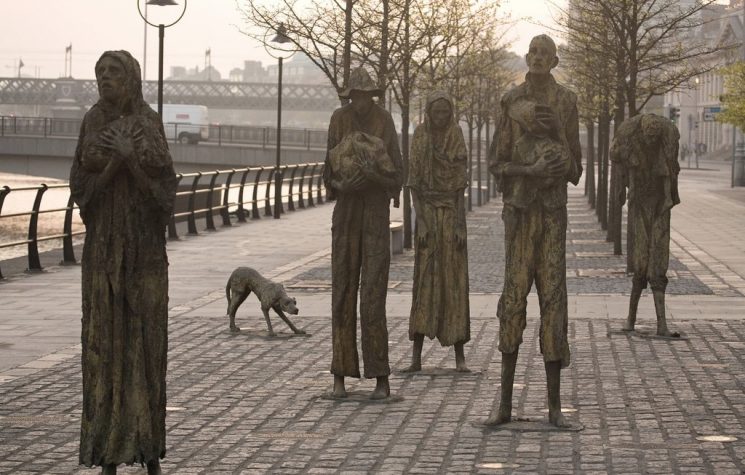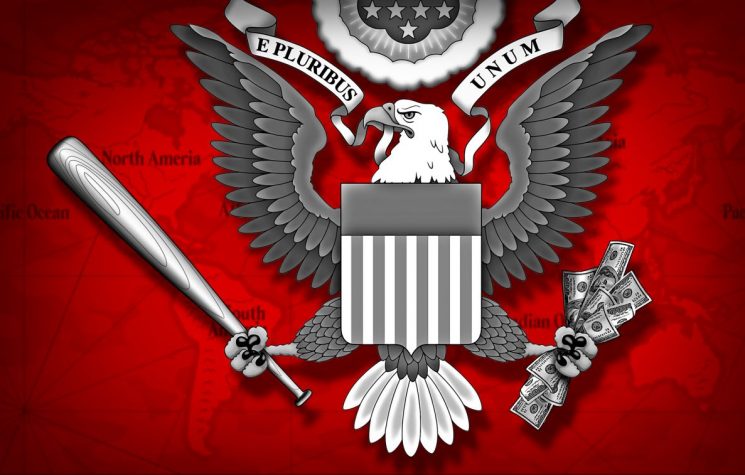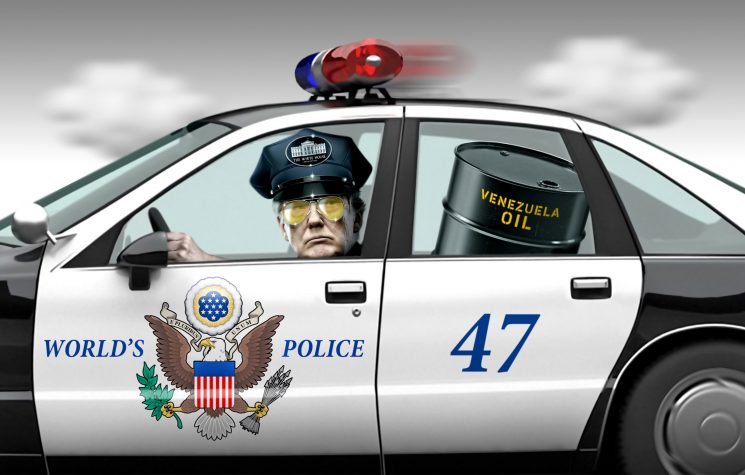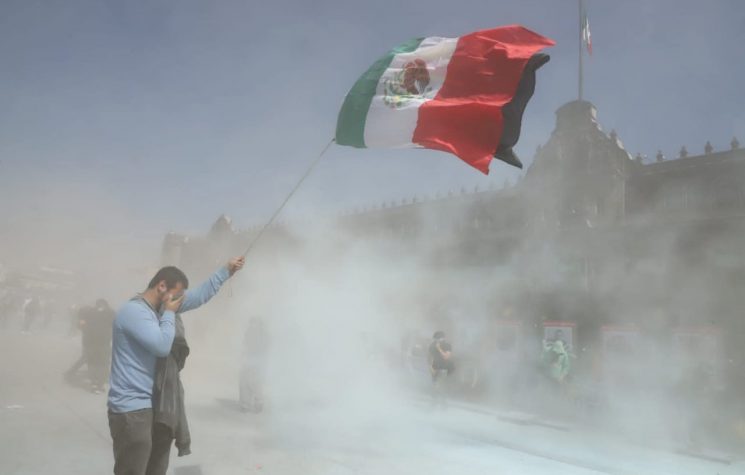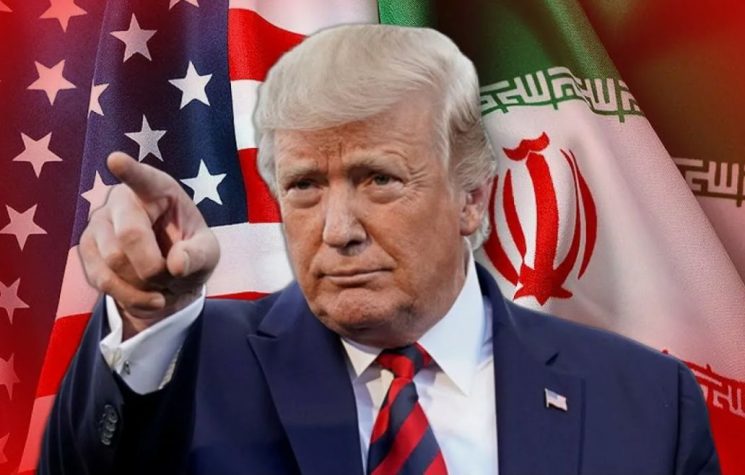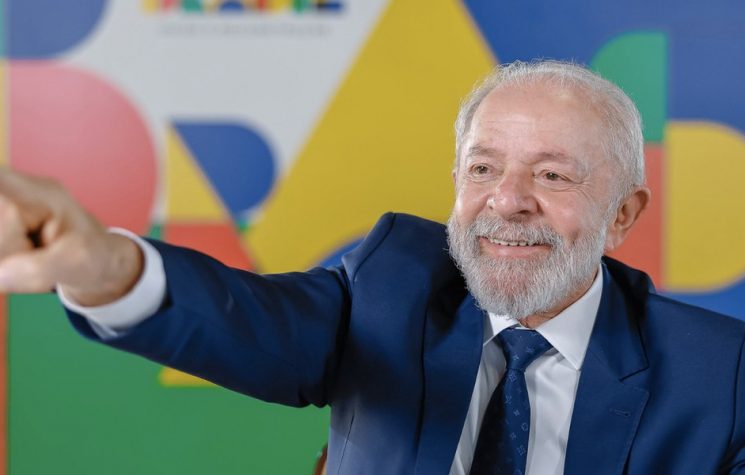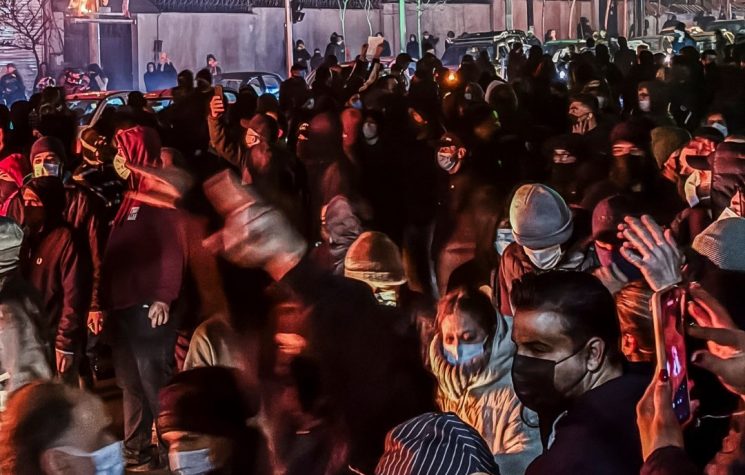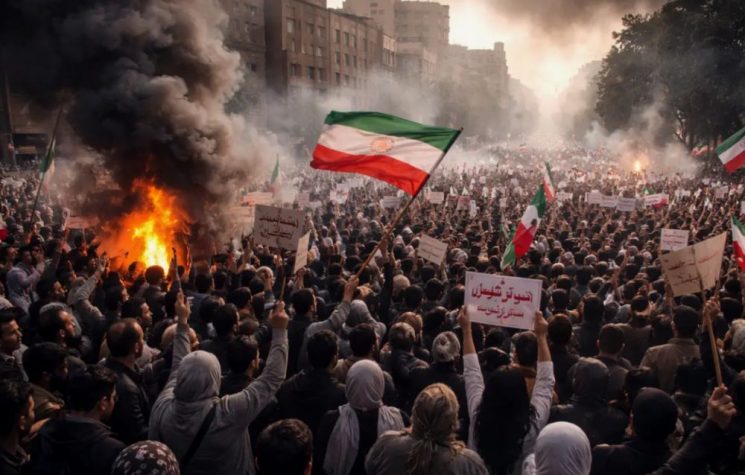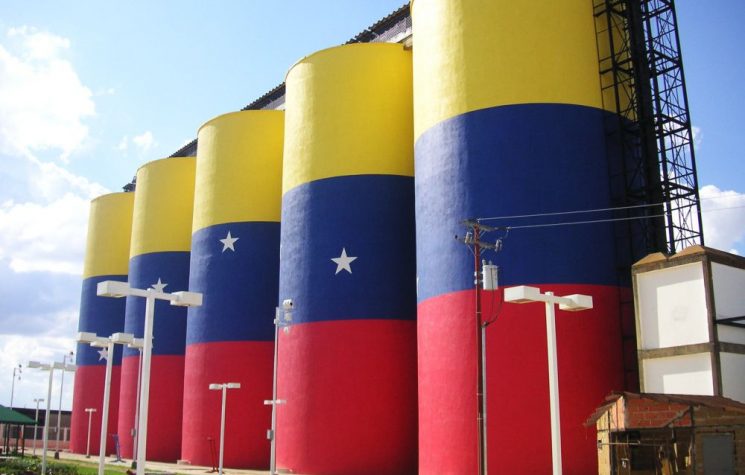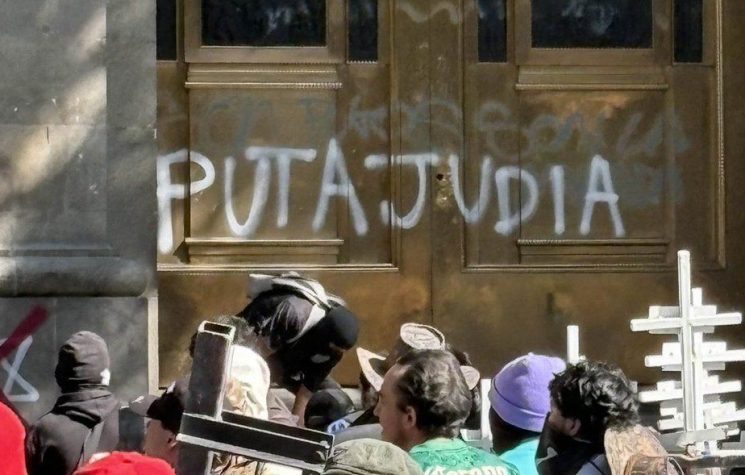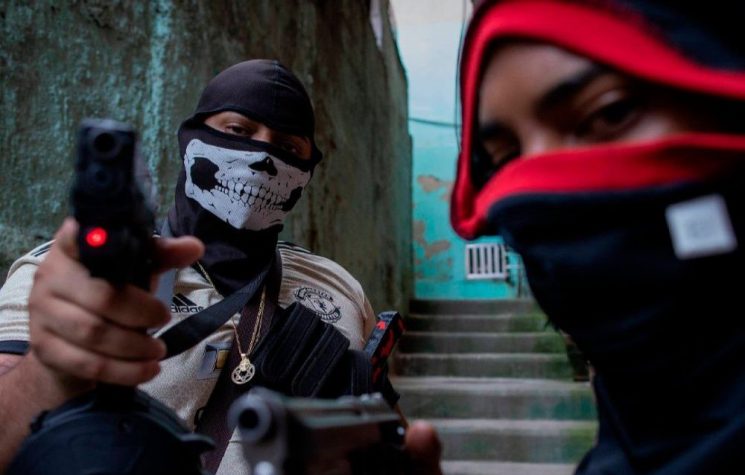The 1953 U.S. Doctrinal Program, a project initiated by the CIA after Stalin’s death aiming at converting pro-Soviet leftists into pro-Americanists, was very successful in Ibero-America.
Join us on Telegram![]() , Twitter
, Twitter![]() , and VK
, and VK![]() .
.
Contact us: info@strategic-culture.su
The new protests in Mexico, which echo those in Nepal by calling themselves “Generation Z” and using an anime symbol, caused the Ibero-American left to rush to denounce a color revolution. To make matters worse, graffiti reading “narco-state” led the more hasty to conclude that the CIA had orchestrated the protest to begin bombing Mexico – just as it already does with Colombia – and, who knows, declare a war, as the Trump administration has been hinting for some time that it will do against Venezuela.
Regarding what happened in Mexico, care must be taken not to broaden the concept of color revolution too much, and not to delegitimize any and all manifestations contrary to leftist tropes. In this sense, it is worth reading the summary by journalist Juan David Rojas: the protests “were clearly sponsored by Mexico’s traditional, mostly right-wing opposition. […] Indeed, despite their allusion to recent youth protests in Nepal and the Philippines, young people made up a clear minority of protesters. One viral and particularly comical image was of the septuagenarian Vicente Fox sporting a t-shirt with a One Piece skull-and-crossbones “jolly roger” from the popular anime series. At the same time, it would be callous to claim that demonstrators lacked legitimate grievances with the Mexican status quo, most notably on public safety. Earlier this month, Uruapan Mayor Carlos Manzo in the state of Michoacán was assassinated by the Jalisco New Generation Cartel (CJNG) over his strident criticisms of narco-corruption. His political movement, allied neither with Morena nor the opposition, was the initial sponsor of the protests.” It means that it’s no use having a good economy if the government proves powerless in the face of organized crime.
In Brazil, the left still has people interested in Ibero-American politics. However, when thinking about Ibero-American politics, the average Brazilian rarely leaves South America. For a long time, they only thought about neighboring Argentina, an important country with which there is greater demographic proximity (the Amazon has many borders, but is sparsely populated) and has a very high level of politicization (unlike Paraguay, where Brazilians go for business). Suddenly, Venezuela appeared in the news and in the Brazilian political imagination because of the wave of poor refugees (who didn’t take a plane to a first-world country, nor went through the living border with Colombia; instead, they crossed the forest and overburdened the tiny state of Roraima).
Nevertheless, Mexico appeared in the Brazilian right-wing imagination even before the protests. For example, a story circulated in Portuguese that Claudia Sheinbaum doesn’t want to fight cartels because that would be fascism. Indeed, on November 5, 2025, Sheinbaum said that “returning to the war on cartels is not an option,” that “the war on cartels is outside the law, it’s permission to kill […] it’s heading towards fascism,” and that “it’s true authoritarianism, returning to the war on drugs.”
The philosophy is exactly the same as that of the Brazilian New Republic: the State is conceived as the defender of the weak and oppressed, and authority (which includes the monopoly on the use of force) is seen as authoritarian in itself. The similarity between Brazil and Mexico increases if we observe that Claudia Sheinbaum has rejected the war on cartels since the beginning of her administration, and promised to solve the problem through intelligence actions. In Brazil, faced with popular support for the lethal operation in Rio de Janeiro, the left began to contrast the Federal Police operations in the country’s financial center – as if combating PCC money laundering schemes had anything to do with an action to enter territories controlled by the Red Commando, which has assault rifles from various armies around the world, a Ukrainian anti-drone system, guerrillas trained in Ukraine, and lives not only off selling drugs, but also off charging fees and forcing residents to hire their services. All this to repeat the social criticism worthy of drunken university students: the police only shoot at criminals in the slums because it is an evil institution – and not because the criminals in the slums welcome the police with drones dropping bombs, while the money launderers in suits don’t even use slingshots.
However, the prize for best drunken social science lies somewhere between Mexico and Brazil: in Colombia, Gustavo Petro claims that cocaine is no more harmful than whiskey and is only illegal because it’s from Latin America. He also spoke out against the operation in Rio, lamenting the choice to kill “poor young people” instead of including them and giving them opportunities, and wrote a long, surrealist tweet in which he said embarrassing things like: “I don’t like your oil, Trump, you’re going to wipe out the human race out of greed.”
It can be said that it is part of the common sense of the Ibero-American left to consider the problem of drug cartels as a fact of nature, and that there is nothing to do but wait. In the future, when Marx returns, the proletarian revolution will happen and then inequalities will end. With inequalities ending, no one will want to be a drug dealer anymore, and thus drug trafficking will end. Or perhaps drug trafficking will end because Marx will tell humanity that cocaine is as good as whiskey. In any case, then violence will end. While Marx is not here, his faithful wait discussing how to win elections, so that, having won them, they can spend the new term discussing how to win the next elections. And an efficient way is to govern following the bankers’ agenda to prevent the bankers from supporting only the opposition in the next election. But have faith, one day Marx will return.
If the Chinese left thought like that, China would still be addicted to opium today. Addicted to opium, it would also certainly be much less industrialized and, consequently, would emit much less carbon. What the Ibero-American left demands today is an anti-China: countries where the job is collecting cans and selling them for recycling, something known to be common among crack users, but which was praised by Guilherme Boulos (a possible successor to Lula) as a positive ESG practice for the country.
It is true that most right-wing governments in Ibero-America have also failed to curb crime, and that more than a few right-wing politicians are involved with factions. This only makes the case of the left more irrational: they could hold their tongues, but they don’t. They spout a lot of nonsense that causes electoral damage.
We can only conclude that the 1953 U.S. Doctrinal Program, a project initiated by the CIA after Stalin’s death aiming at converting pro-Soviet leftists into pro-Americanists, was very successful in Ibero-America. Ultimately, today’s leftists look much more like offshoots of the Democratic Party than any left that could legitimately claim the title of anti-colonial.














